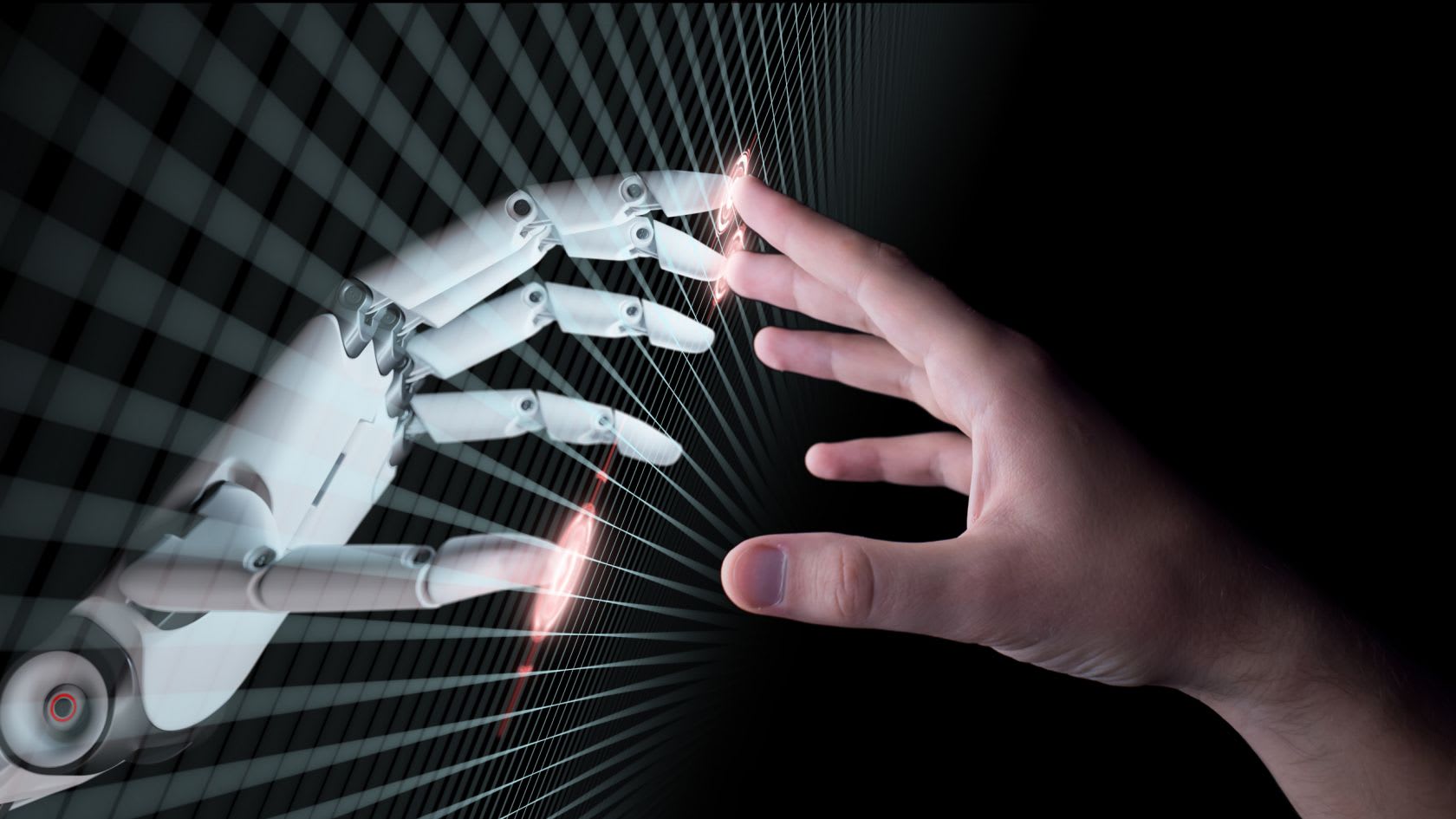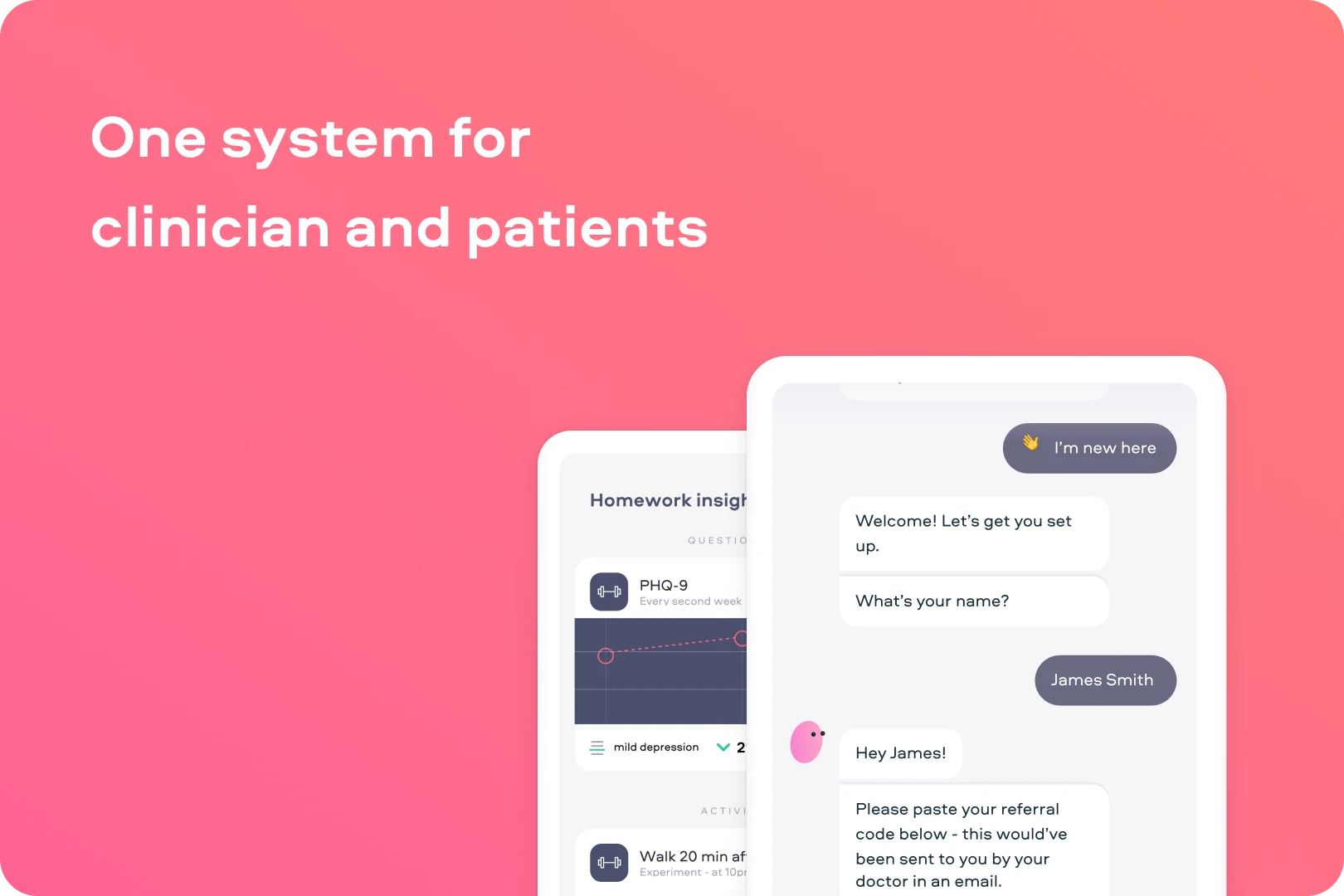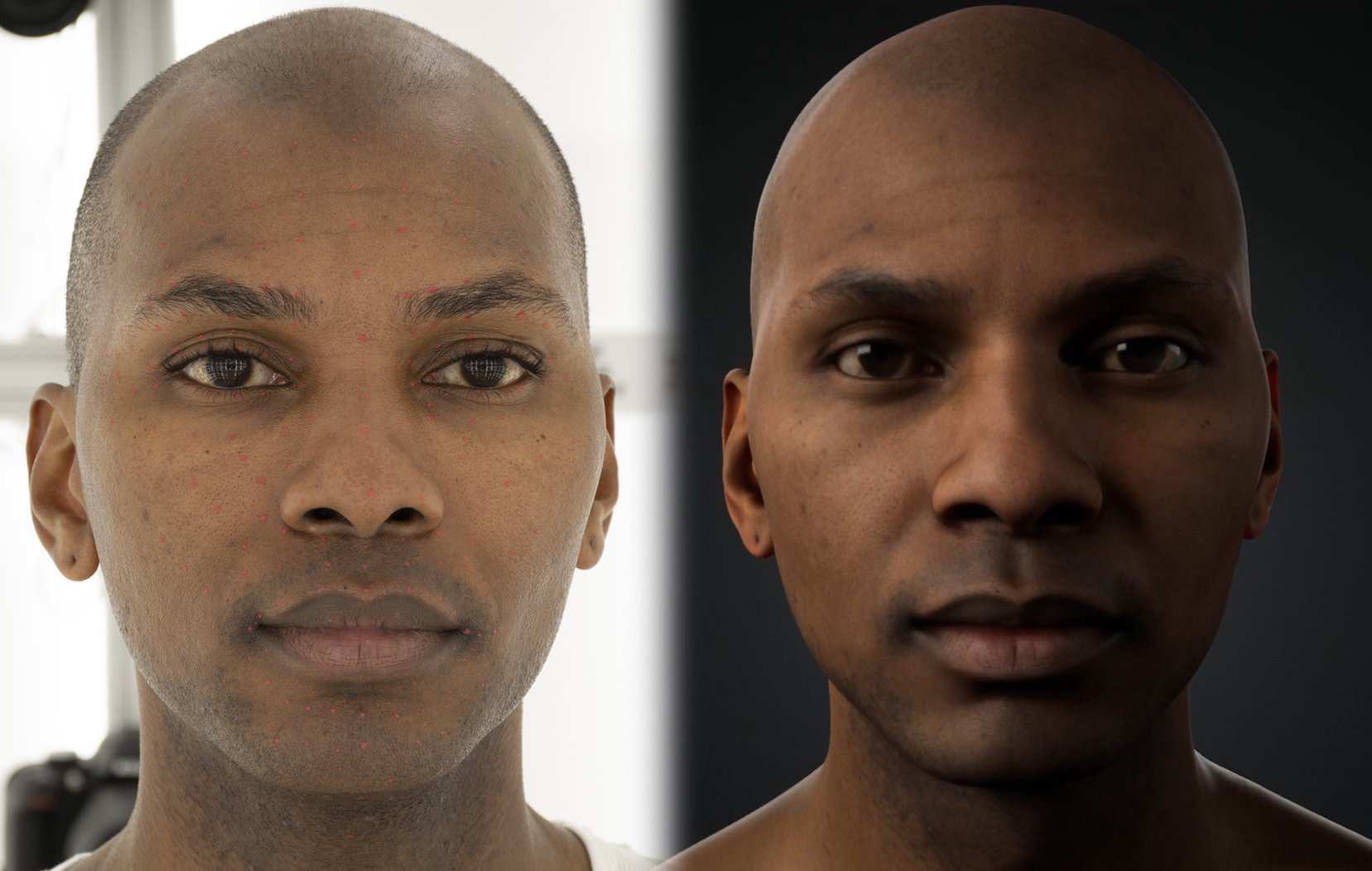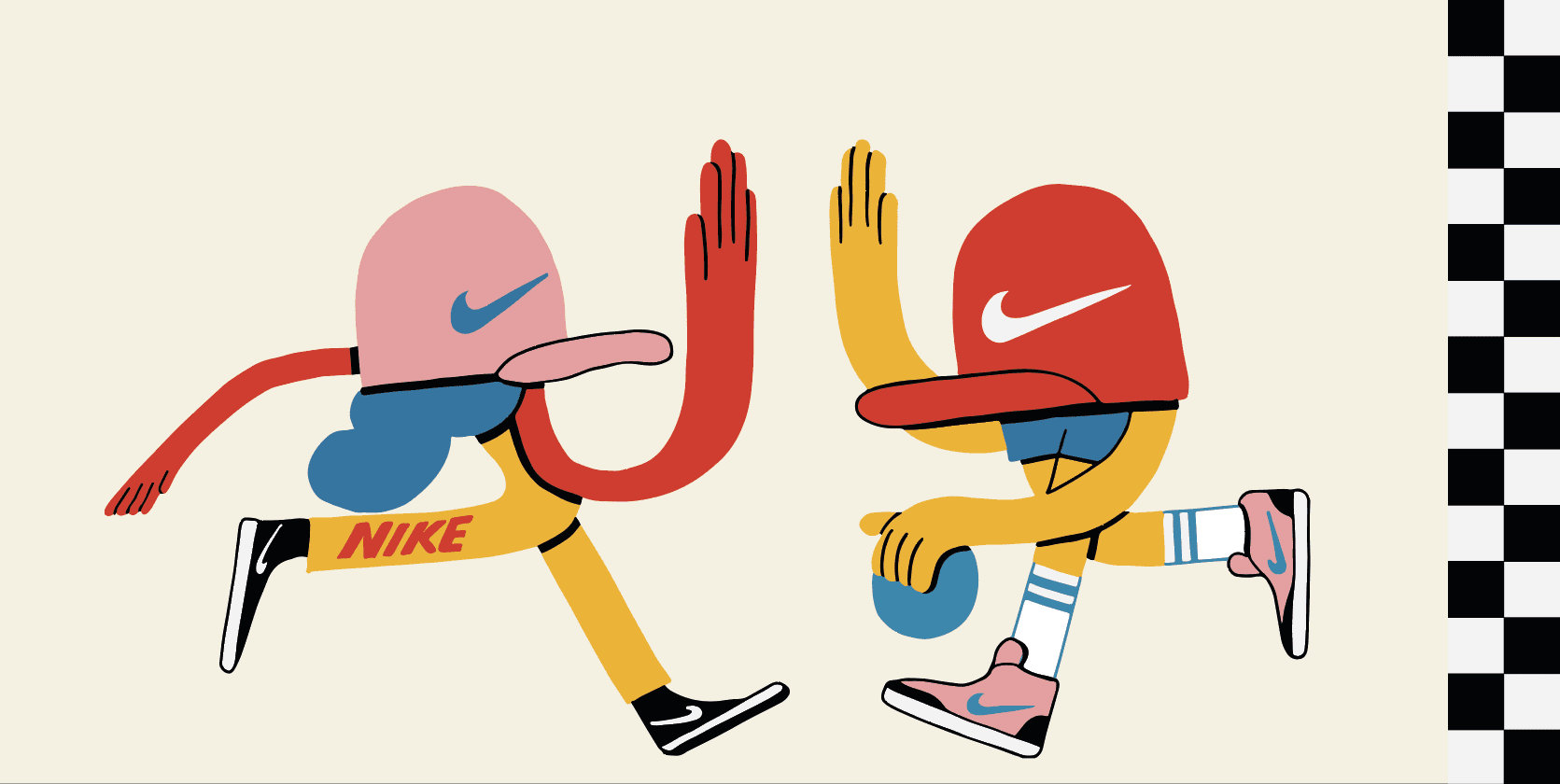Insights
Finding an ally in AI
Megan Hotson
11/05/23

We are increasingly looking to machines – not just for solutions, but for companionship too.
Artificial Intelligence has been a topic of interest for many years now, with predictions of it being a game-changer in almost every field.
The use of AI has been met with partial scepticism, particularly in today’s society where data privacy concerns and fears of job loss due to automation are prevalent.
Despite these concerns, there is a growing realization that AI can be a powerful ally today.
From chatbots offering intangible friendships, to platforms that allow brands to cut corners, and costs – new AI tools are proliferating consumer’s lives every day offering flexible and innovative solutions.
An emotional crutch
Tired of the long-wait lists that come with seeking help for your mental health? Several brands are developing therapeutic applications of AI to help people bypass traditional mental health services, to diagnose or alleviate their symptoms.
UK founded brand Limbic has been accredited as a medical device for supporting people’s mental health diagnoses, and aims to improve access, create service efficiencies and reduce costs.

Another brand using AI in this way, is Replika, which has created an app that allows its users to chat and form friendships with user-generated avatars. Replika helps people to fight loneliness, encourage a positive mindset, and overall build better social skills.
When it comes to finding romantic companionship with artificial intelligence, Canadian dating app ‘Snack’, is leading the way and has created a new feature that allows online daters to pre-assess their compatibility with others by training an AI-powered avatar to chat on their behalf.
Avatars chatting on behalf of the user will alert them when they feel they have gauged a real connection with someone, allowing a real-life conversation to then happen between the two users without the avatar.
People are even using AI to help them enhance or spark creativity in existing relationships. For example some users of AI chat generator chat GPT are now using the platform to craft poems, and wedding vows.
AI is being used by many to ease the emotional labour we might experience day-to-day in our real-life relationships – in a therapeutic, and romantic contexts. Chatbots, and avatars can provide users with companionship anywhere, at any time and we will see people gravitate toward this type of connection as a more flexible, and accessible alternative.
AI Identities
AI avatars are becoming increasingly harder to decipher from real humans, and this challenge will only continue to grow as tech advances further.
A study published in February 2022, found that fewer than 50% of 315 participants could tell the difference between a real human face and an AI-generated one (proceedings of the national academy of sciences, 2022). And the same study revealed that some people even find an AI face to be more trustworthy than a real-life face.

The blurred line between what is real and what is synthetic is leading people to feel conflicted about their relationship with AI avatars, and in some cases withdraw from emotionally relying on the AI platforms or chatbots designed to offer humans guidance and support.
Despite some scepticism, the majority of consumers are still intrigued by the possibilities of AI, and the global market for AI digital humans is forecast to be worth $527.5bn by 2030, up from $10bn in 2020 (Emergen research, 2022).
As we look ahead, we will see AI identities being used increasingly in the field of entertainment, and brand ‘Deepcake’ is leading the way. By creating digital doubles of celebrities or influencers that can then be used in adverts, their use of AI removes the need to account for the physical availability or cost of acquiring real-life celebrities.
Key takeaways:
– AI is making it harder for people to distinguish everyday territories from those enhanced or created synthetically. Brands have a responsibility to clearly guide consumers to ensure AI is used in a transparent, and credible way.
– Where physical and emotional resources are stretched, AI offers a solution. People can source on-demand support from chatbots, and platforms designed to guide users and offer them an emotional crutch.
– The global market of AI is set to surge even further, and brands that have not aligned themselves with the future direction of this technology risk falling behind the curve.


